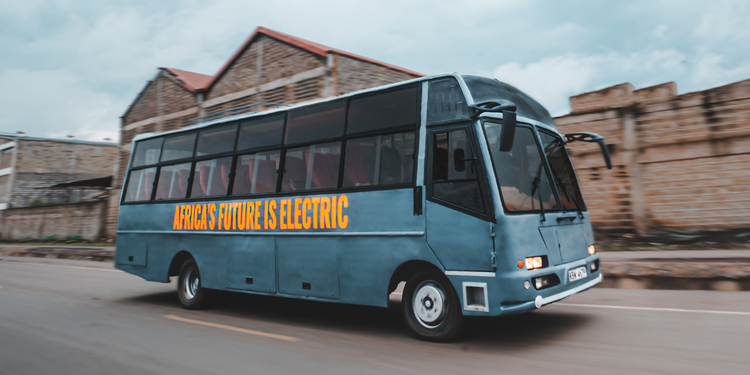
Opibus, a Kenyan-Swedish Electric Vehicle (EV) business, has officially launched its first electric bus on Kenyan roads. Opibus first revealed ambitions to roll out electric public transportation vehicles last year, when it secured Ksh. 852 million (USD 7.5 million) in a pre-Series A round of funding.
Opibus is now executing a trial programme in preparation for the commercial introduction of electric buses in Kenya later this year, and throughout Africa by the end of 2023.
Opibus has spent the last five years upgrading current gasoline and diesel cars to electric vehicles in order to future-proof them. EVs provide a number of advantages, including lower transportation costs and zero carbon emissions.
Filip Gardler, Filip Lövström, and Mikael Gnge launched the company in 2017 and have already converted over 170 cars for a variety of clients, including mining businesses and tour companies.
The firm is now looking to expand into the rest of Africa through collaborations that will encourage EV adoption across the continent. For example, Uber’s collaboration with Opibus, announced last month, would result in the deployment of up to 3,000 electric bikes built by the startup across Africa by 2022. Motorcycles are employed as taxis and for delivery in Uber’s different regions.
The EV business in Kenya is growing and has attracted new competitors in recent years, like BasiGo, which began in Kenya in November last year. BasiGo, which recently imported two EV mass transit buses for its trial programme, intends to offer locally produced electric buses that employ parts manufactured by China’s EV manufacturer BYD Automotive.



